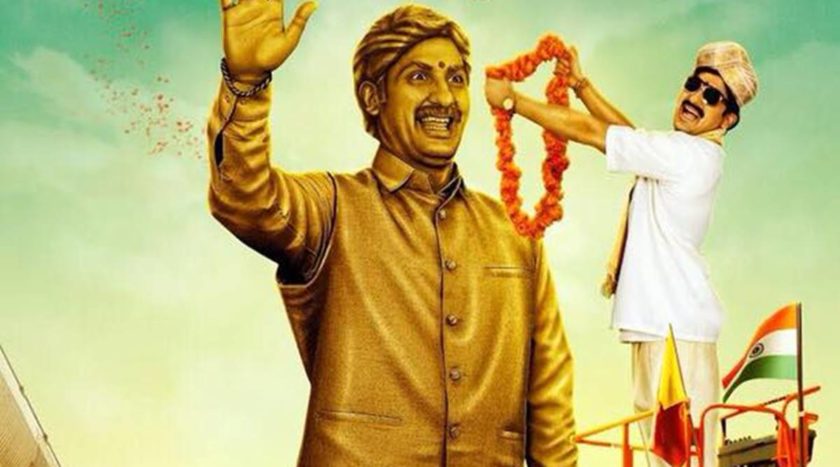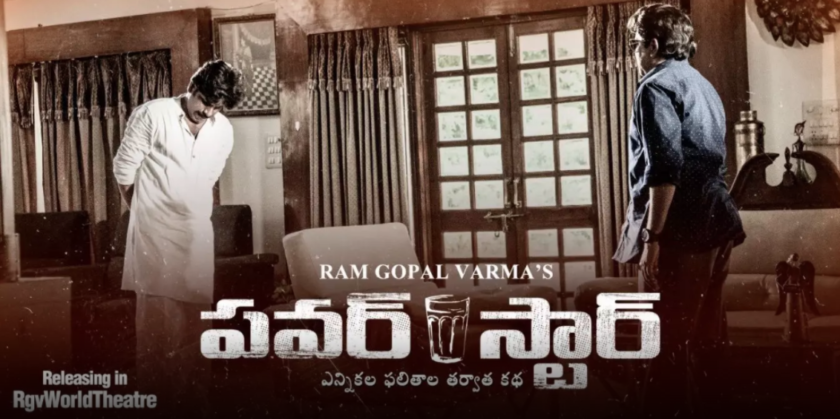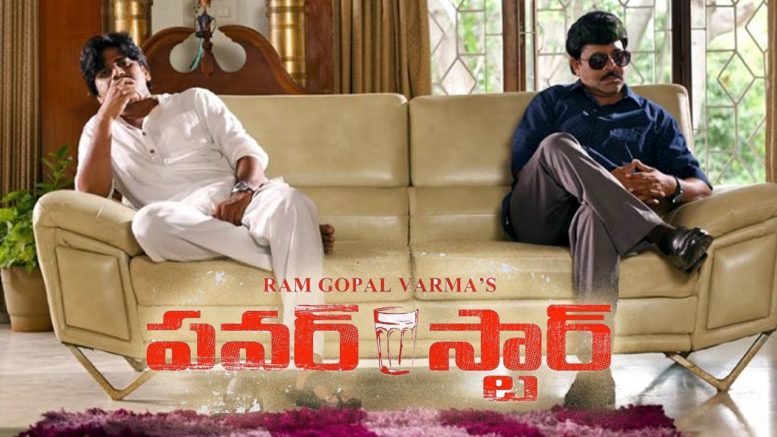In the realm of political satire, Chaplin’s “The Great Dictator” stands out as an early success, offering a mirror universe so strikingly similar to reality that names need not be mentioned. Fast forward to today, where Twitter warriors armed with Calibri or Times New Roman fonts wage battles on their screens over upcoming movies that seem to satirize their favorite star-turned-politician. While the United States boasts a rich repertoire of movies exploring political satire, alternate realities, biopics, and reality-based fictional dramas, India grapples with the intersection of ‘offense’ and ‘censorship.’
The Art of Political Satire: Navigating the Thin Line in Indian Cinema
In the Indian context, biopics often tilt toward hagiographies when portraying figures in power or unintentionally transform into comical hit jobs when focused on the opposition. The genre of classic political satire is relatively unexplored in Indian cinema, with “Kissa Kursee Ka” standing as a rare example. Film industries in India, often inspired by Hollywood, have hesitated to delve into this genre, perhaps with good reason. The looming threat of death threats and legal issues is hardly a filmmaker’s aspiration, especially when juxtaposed with the desires for critical acclaim and box office success.

Kissa Kursee Kaa was banned during emergency
Political satire, with its blend of humor and serious commentary, offers a unique viewing experience. Classic examples like “The Great Dictator” not only make us laugh but also unveil the fragility of philosophies that triggered global conflicts and subjected communities to unimaginable horrors. Recent films such as “The Interview” and “The Dictator” provide glimpses into personality cults in regions shielded by information barricades. Surprisingly, mainstream Hindi cinema has kept a safe distance from this genre.
Exploring Political Satire: A Cinematic Journey
While regional cinema has made noteworthy attempts, such as Tamil films “Amaidhi Padai” and “MLA Yedukondlu” in Telugu (remade as “Aaj Ka MLA RamAvataar”), the frequency remains low. In the Tamil industry, recent political satires like “Joker” and “LKG” stand out for their smart screenplay and witty lines, offering a refreshing take on the genre. Kannada cinema has also contributed significantly with films like “Humble Politician Nagaraj” and “Topiwala,” delving into political farce, corruption, and the intricacies of governance.
In Bengali cinema, “Bhobishyoter Bhoot” attempted an egalitarian satire across the political spectrum. Unfortunately, the film vanished from theaters abruptly, reminiscent of a Death Eater sensing an Auror. Despite challenges, these cinematic endeavors play a crucial role in using humor to convey thought-provoking messages about the political landscape.

Navigating Constraints: Political Satire in Indian Cinema
Political satire within Indian cinema encounters certain limitations, notably the inability to explicitly name individuals. The Film Certification Board, often humorously referred to as the Censor Board (given its actions), adds another layer of restraint. In stark contrast, American movies and TV shows fearlessly poke fun at public figures, even crafting films on the assassination of then-President Bush while he planned the Afghan invasion from the White House. The success of this genre in the U.S. is evident, with its influence even reaching the White House itself.

Ram Gopal Verma’s Brush with Political Satire: A Bumpy Ride
Ram Gopal Verma has lately tried his hand at this genre, because why leave any genre unmolested. His first attempt at it, Amma Rajyam Lo Kadappa Biddalu was funny for all the wrong reasons and at all unintended places. Hiring look alike of known political figures is one thing, making a coherent movie around it is a different ball game. For his next release ‘Power Star’ starring a certain ‘actor’ called Prawan Kalyan (no points for guessing the inspiration), he has got the look alike(s). He has picked a topic that is controversial, pissed the fan base that is quick to react to anything and has got the eyeballs.
Whether the film turns out to be a political satire or a publicity stunt is to be seen? Going by the past, it is likely to be the latter. A political satire works well when the central character has political weight (punching up as opposed to punching down). In the meanwhile, the wait for a hard-hitting political satire in cinema might take longer than expected. Political satire is a zeitgeist of its times and the current mood seems to be one of diplomatic reticence.

Captive of the 24 frames and admirer of the written word. If it is not on the silver screen or on the pages of a paperback, it might as well not exist.


Be the first to comment on "Political Satire – An ill explored genre in Indian Cinema"